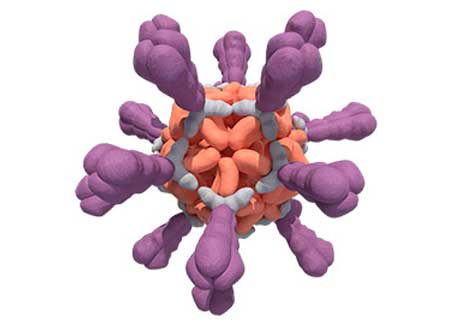 Tech may grab all the headlines when it comes to Washington State, but we’re top-notch in life science, too. The recent announcement by biotech giant AstraZeneca that it was purchasing Seatle-based vaccine-like particles researcher Icosavax for $1.1 billion is further proof that life science research and development is alive and well in the Evergreen State.
Tech may grab all the headlines when it comes to Washington State, but we’re top-notch in life science, too. The recent announcement by biotech giant AstraZeneca that it was purchasing Seatle-based vaccine-like particles researcher Icosavax for $1.1 billion is further proof that life science research and development is alive and well in the Evergreen State.
Even more impressive, the company was spun out from the University of Washington’s Institute of Protein Design, one of dozens of startups that have come out of the UW in recent years that have been ripe for investment.
Isosavax is a hot property because of its new method for developing vaccines that closely resemble the virus. Their lead product targets respiratory viruses, but the technology can potentially be applied to any class of virus.
Icosavax’s virus-like particles (VLPs) mimic the structure of viruses to create a better immune response. Because they look and act like the virus, they have the potential to reduce side effects, make the vaccine easier to update, increase its durability and responsiveness, and even allow a single vaccine to target more than one virus at a time.
The VLP breakthrough came from a collaboration between the Gates Foundation and the UW Institute of Protein Design. The approach is in clinical trials for RSV. While initial vaccines utilize the few proteins that naturally fold into VLPs, the company is building on that success with intentionally designed virus-like particles to handle a broader range of applications.
Read all about it in Geekwire…
Visit Icosacax.com’s site to learn more about VLPs.